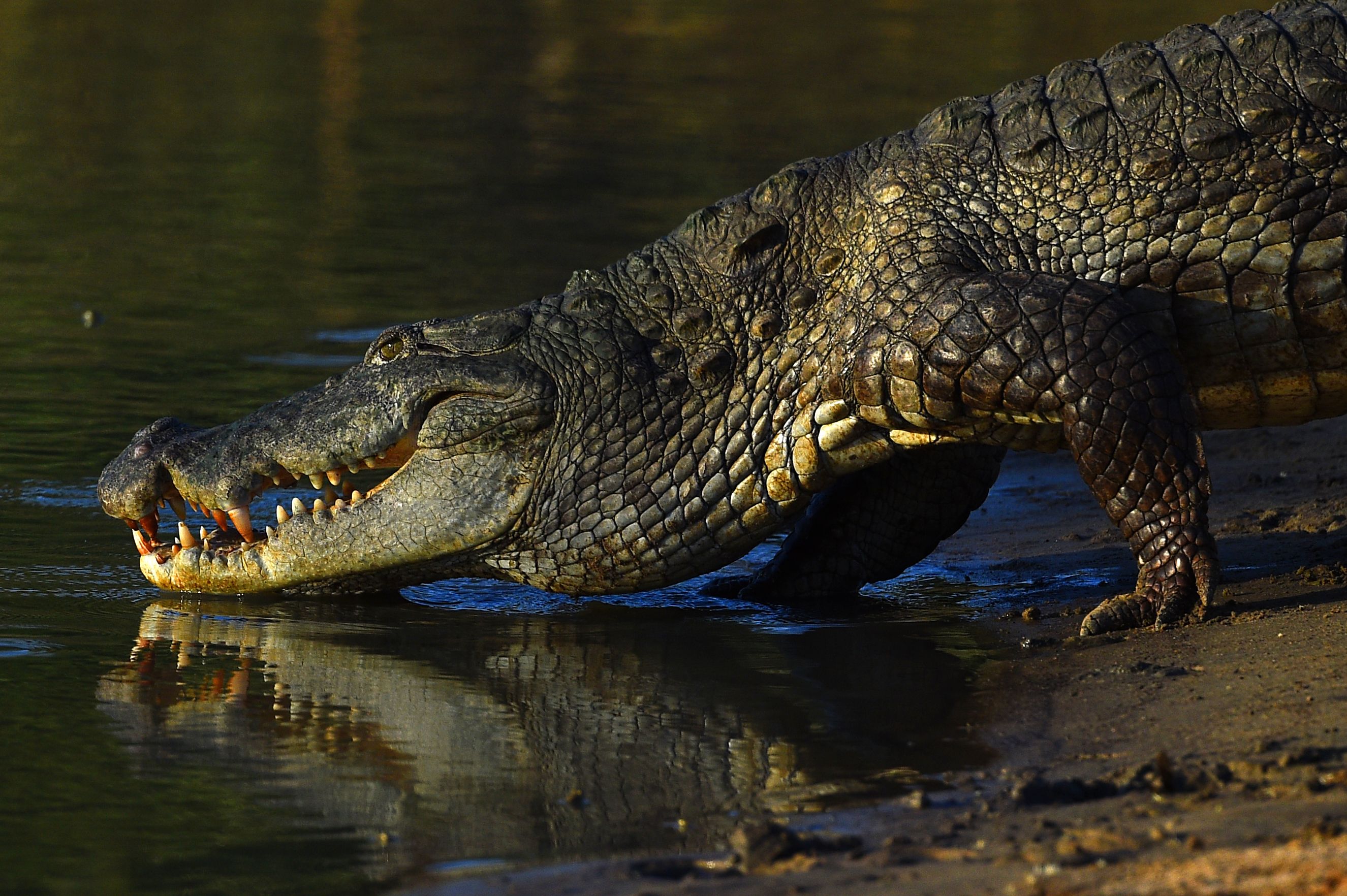‘Virgin’ crocodile found to have made herself pregnant
The first case in the world

The first ever known case of a crocodile laying eggs without a male mate – a rare reproductive strategy that could be traced back to dinosaurs – has been documented by scientists.
Over the last two decades, zoologists have increasingly documented the very rare vertebrate reproductive strategy of facultative parthenogenesis (FP) in which females lay eggs or give birth to their offspring without mating.
Until now, a wide range of organisms including birds, non-avian reptiles like lizards and snakes as well as some fishes, including sharks, have been shown to reproduce in this strange mode.
However, questions have remained over the occurrence of this reproduction mode outside of these vertebrate lineages – most notably in turtles, crocodiles, alligators and gharials, said researchers, including those from the Virginia Polytechnic Institute and State University in the US.
Looking for such a rare reproductive strategy in crocodilian species has been particularly intrigued scientists as these organisms lack sex chromosomes and their sex determination is controlled by the temperature in which eggs develop and hatch.
In the new study, published on Wednesday in the Biology Letters journal, researchers have documented the first evidence of FP in the American crocodile, Crocodylus acutus.
The latest research is based on the 2018 observation of a lone female American crocodile held in captivity for 16 years, which laid a clutch of eggs, one of which contained a discernible foetus, indicating she was a female like her mother.
The discovery, according to the researchers, is the “first documentation” of this very rare mode of reproduction in a crocodile species.
Following genetic analysis, scientists confirmed that the mother crocodile laid the eggs without any input from a male mate – a process commonly known as “virgin birth”.
While the eggs did not hatch, the discovery has intrigued biologists as it indicates there is a common evolutionary origin of the rare reproductive strategy across reptiles, crocodilians and birds.
The findings further raise the possibility that extinct relatives of crocodilians and birds such as dinosaurs and pterosaurs may have also had this rare reproductive strategy.
“This new evidence offers tantalizing insights into the possible reproductive capabilities of extinct archosaurian relatives of crocodilians, notably the Pterosauria and Dinosauria,” scientists wrote in the study.



Join our commenting forum
Join thought-provoking conversations, follow other Independent readers and see their replies
Comments